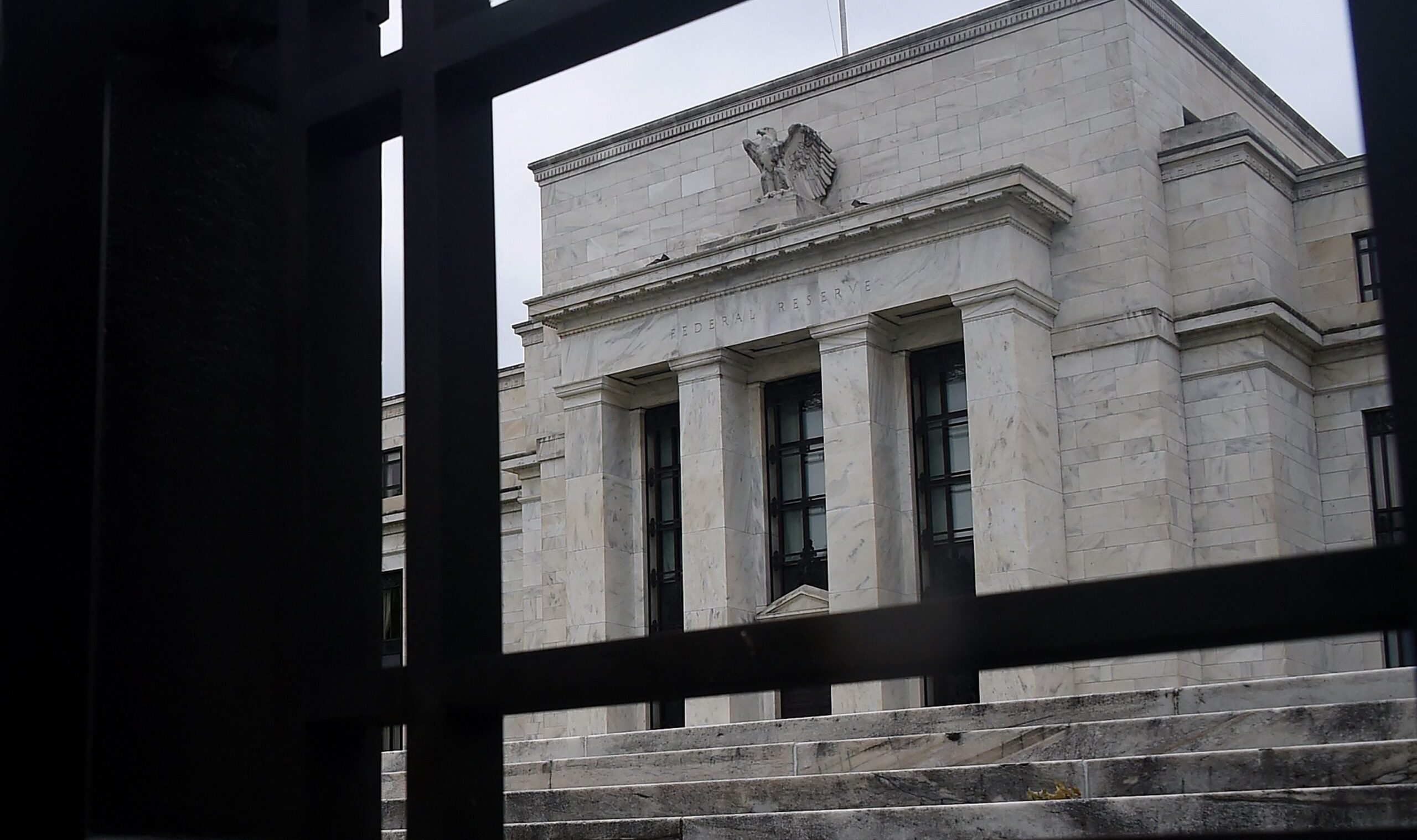New Battleground States
Mark Thompson responds with an interesting post, arguing that overturning Roe would deprive absolutists on both sides of the debate of the power that they currently possess:
In most places, the pro-choice and pro-life absolutists will no longer find themselves with quite as much power, as the majority in the mushy middle will wind up crafting most state regulations. Simply put, sending abortion back to the states would have the effect of drastically reducing the unity that exists within the two identity groups.
There will be changes in the composition of the two sides. No doubt there will be many formally pro-life secular conservatives interested in a federalist compromise who will be less inclined to ally themselves with religious pro-life absolutists, and there will be moderate suburbanites who don’t like the idea of “taking away” a woman’s right entirely but who are supportive of some limited restrictions who will drift into a more vaguely-defined pro-life camp. The groups will reorganize along somewhat different lines. As with most issues, however, it is the activists who define the debate and they are going to continue to do so at the state level, and they tend to be more absolutist in their views. One of the basic characteristics of the “mushy middle” is not just that they do not hold absolutist views on this or most subjects, but that they are not motivated to organize and mobilize other moderates to counterbalance the absolutists. Over time, the moderates will be drawn back to one camp or another as state ballot initiatives and elections present them with choices that will still be fairly stark.
There are going to be many organizations and lobbying groups whose existence depends to a large extent on continuing to pressure politicians and shape public opinion to justify their fundraising, and they’re not going to vanish overnight and are going to try to remain relevant in the new landscape. While it is possible that some of these groups would be diverted into the losing cause of trying to re-nationalize the issue one way or the other, and I can imagine pro-life splinter groups forming to keep pushing for the HLA, my guess is that they would reorganize and redirect their efforts toward state governments in states where the “mushy middle” was most malleable. As we saw with outside LDS funding for Prop. 8, culture war initiatives and legislation will attract the attention of donors and activist groups from across the country, and while each state electorate will have their say the two sides are going to be inundated by outside funding, advertising and attempts to mobilize voters one way or the other.
There might be some irritation about out-of-state interference, but I am guessing that this would not be important to that many people. At most, it would be a complaint registered after the fact by the losing side, which would only encourage them to cultivate fundraising networks of their own for the future. States where absolutist views on either side do not hold sway will become the battlegrounds for activists in both camps, and I think you will have the most contentious fights in the most evenly-divided states where the incentive to polarize the population will be greatest. As the Prop. 8 debate and its aftermath have shown, putting contentious questions to a vote does not quell passions and does not deprive absolutists of power, but on the contrary seems to allow them to define the tone and public image of their respective sides. The push to constitutionalize one view or another in state constitutions would begin in earnest, which would recreate the same problem of seeming to close off debate at a more local level. Whichever side enjoyed majority support at a particular time would try to lock that into their state constitutions, which would give the losing side something to keep fighting to repeal in every election that follows.
Would returning the issue to the states allow for the possibility of democratic consensus? Yes, and the very fact of allowing the issue to be regulated by the voters and the representatives of the people would be a significant improvement in itself. But it would also mean that whatever consensus each state reached would be viewed as temporary, and there would be a constant effort to try to push and pull state electorates in opposite directions. Even if state constitutions were amended as a result, this would not necessarily settle the issue and would certainly not make the issue less contentious.
Of course, all of this assumes that one can get enough independents and liberals to support the overturning of Roe after having drilled into their heads that the ruling provides fundamental protections for women. Since most people do not understand, or do not understand very well, the constitutional questions involved, this would be a very hard sale, and there are so many groups on the left with a vested interest in the status quo that it would be politically very dangerous for national Democrats to propose a federalist solution.
